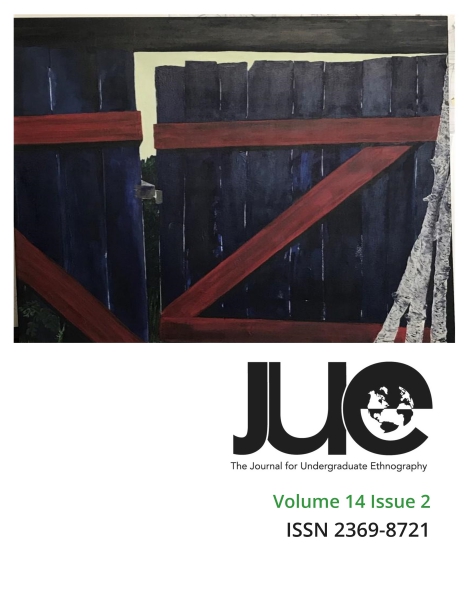Synthesizing Cultural Competency and Reproductive Justice: A Case Study of Afghan, Refugee Mothers
DOI :
https://doi.org/10.15273/jue.v14i2.12256Résumé
Cultural competency and reproductive justice are two popular frameworks by which medical anthropologists, public health experts, and social justice advocates understand minority women’s health; however, both frameworks present shortcomings which limit holistic visualizations of wellness. I synthesize these frameworks in a case study of Afghan refugee mothers in North Carolina. My exploration of the composite framework uncovers significant factors affecting Afghan refugee mother’s reproductive health, including the persisting effects of gender inequality in Afghanistan. History and health merge as I explore the lasting effects of the Taliban’s gender apartheid on the reproductive health of Afghan women living in America. In Afghanistan, gender apartheid inhibits women from mastering the same abilities as men, namely driving and speaking English. In America, these different abilities precipitate deficits in social and mental health of Afghan women as compared to their husbands. Infrastructure in America reifies these deficits and further hinders the women’s agency. Mapping powerlessness from Afghanistan to America, this framework illuminates the architecture of power that extends across the two countries.


